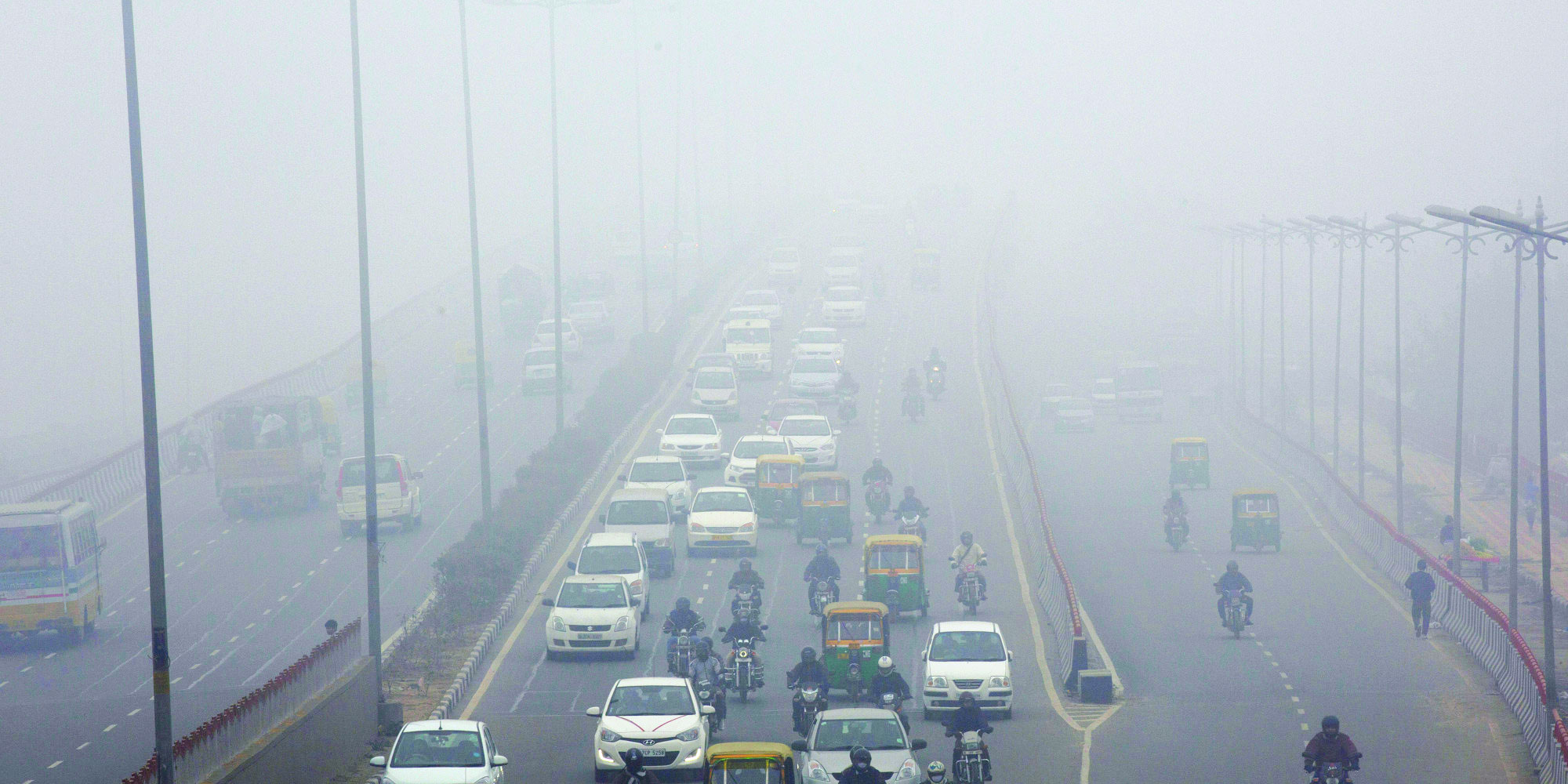The Central Pollution Control Board (CPCB) will implement a Graded Response Action Plan (GRAP) in Delhi-NCR beginning Monday as the air pollution is becoming “very poor,” an official said on Sunday.
If the air quality is in “moderate to poor” category, measures like stopping garbage burning in landfills and other places and enforcing all pollution control regulations in brick kilns and industries are implemented. If the air quality falls in the “very poor” category, additional measures of stopping use of diesel generator sets, enhancing parking fees 3-4 times and increasing frequency of metro and buses would be implemented.
If the air quality falls in the “severe” category, additional measures would be implemented, like increasing the frequency of mechanised cleaning of roads, sprinkling of water on roads and identifying road stretches with high dust generation, said officials.
If the air quality falls to “severe plus” emergency category, then measures like stopping entry of trucks into Delhi (except those carrying essential commodities), stopping construction activities and appointment of task force to take decision on any additional steps, including closing of schools, are implemented, said the official. All out efforts will be made to clean the polluted air.
Currently the air quality is in the “poor” category but the authorities have predicted that it would reach to “very poor” category in the next couple of days. In addition to GRAP, the CPCB has also deployed 41 teams across Delhi-NCR to monitor proper implementation of the norms to prevent pollution at the source.
Till October 11, inspections were conducted by the teams across Delhi-NCR and the inspections would intensify in the coming days, a CPCB official said. Meanwhile, satellite images from the NASA showed rampant stubble burning activity in Punjab and Haryana. The NASA, on its official website, stated that burning of crop residue in Punjab and Haryana has increased significantly over the past 10 days in and near Amritsar, Ambala, Karnal, Sirsa and Hisar.
The air quality in Delhi remained poor on Sunday with drop in wind speed even as authorities predicted further fall in air quality index in the coming days. The overall air quality index (AQI) recorded at 10 am on Sunday stood at 208 which falls in the “poor” category, according to the Centre-run System of Air Quality and Weather Forecasting and Research (SAFAR). On Saturday, the AQI of the national Capital stood at 300.
Burning of paddy straw every year during October-November and wheat straw during April in Punjab and Haryana are the major contributors of air pollution in Delhi-NCR, as the smoke travels towards the national capital. In Delhi, it mixes with fog and creates a toxic smoggy winter every year. Intensifying its drive against the alarming air pollution level in the national capital, the South Delhi Municipal Corporation deployed 62 water tankers for water sprinkling on roads to combat the dust pollution.


























